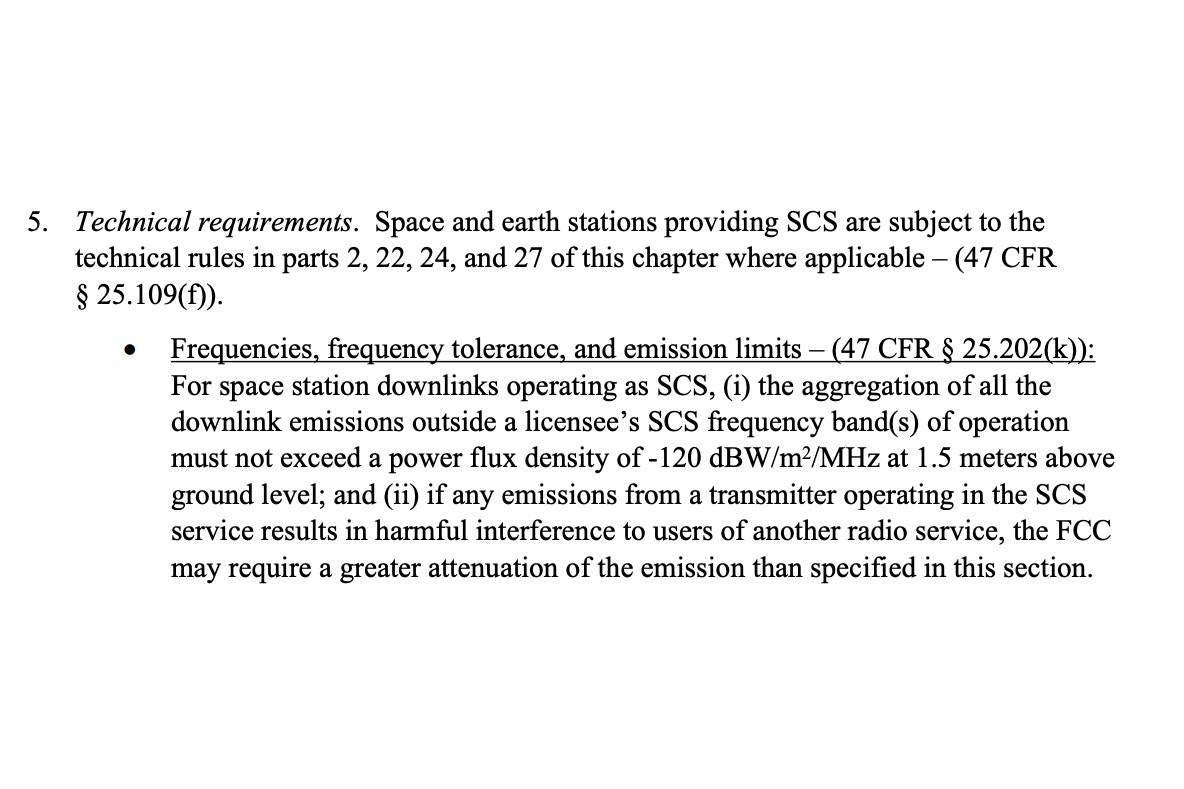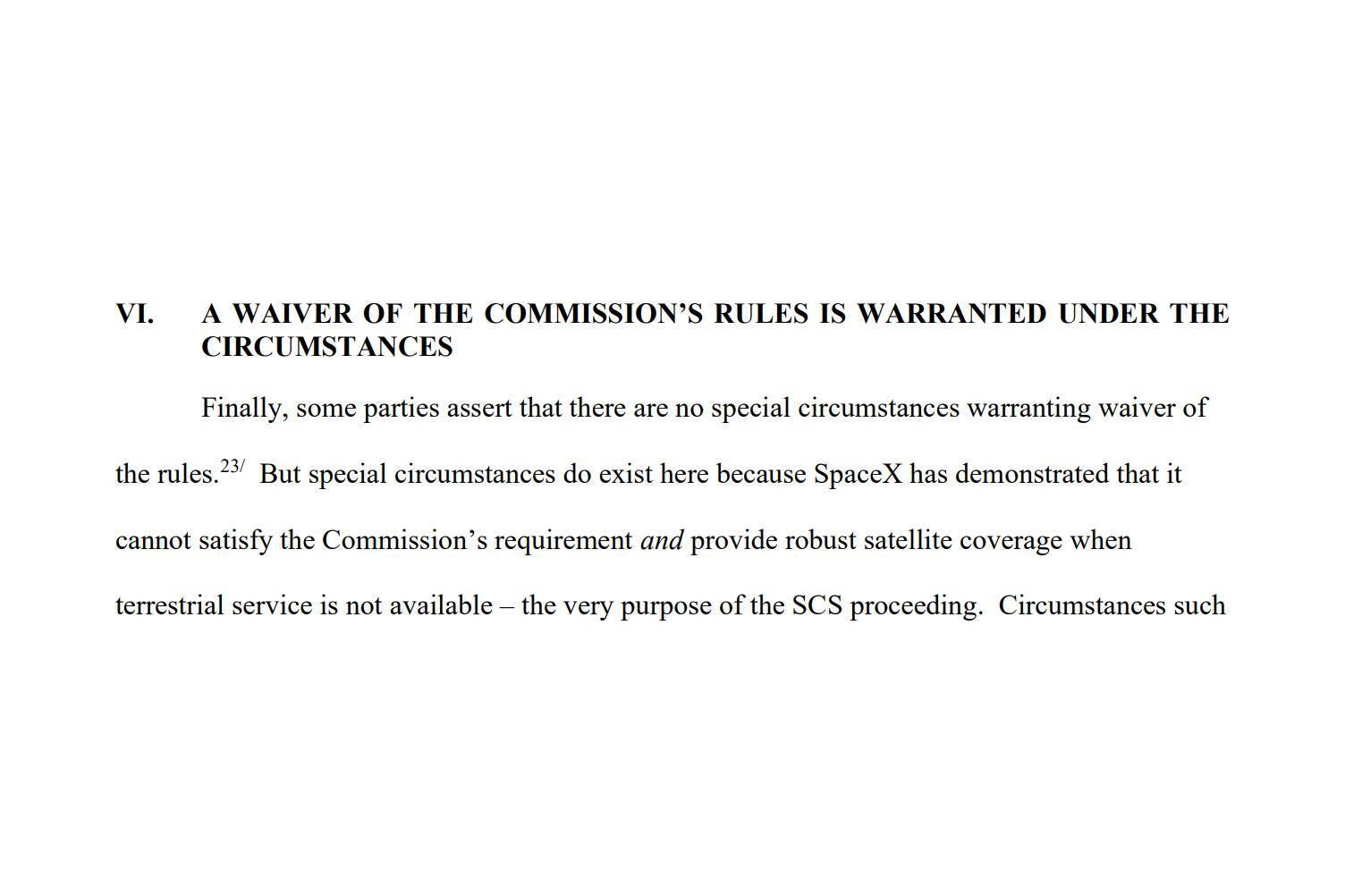
In a brand new report that states the ultimate guidelines for the deployment of supplemental protection from house (SCS), the FCC has laid down its technical necessities. In line with the foundations, there will not be any rest on the ability flux density restrict of -120 dBW/m2 /MHz.


SpaceX hoped for as much as a ninefold enhance to the restrict, however the suggestion was met by opposition from AT&T, Verizon, EchoStar, and Omnispace, all of whom mentioned {that a} relaxed out-of-band PFD would trigger interference with their networks.
SpaceX will use its Starlink satellites to carry connectivity to lifeless zones utilizing T-Cellular‘s PCS G Block spectrum. T-Cellular made a last-ditch effort on August 22 to get the FCC to approve the waiver request for out-of-band PFD limits.


On the forefront of the argument was the purpose that like its rivals, T-Cellular additionally “has terrestrial operations in frequency bands which can be adjoining to these by which SpaceX will function,” which is why it is equally paramount for the provider to make sure satellite tv for pc transmissions don’t influence its operations.
The corporate additionally mentioned that SpaceX wouldn’t be capable to provide sturdy satellite tv for pc protection if the FCC did not loosen up its necessities. Now that the FCC has refused to take action, it is attainable that AT&T and Verizon will deploy their satellite tv for pc providers earlier than T-Cellular, whereas SpaceX works by means of FCC’s necessities.